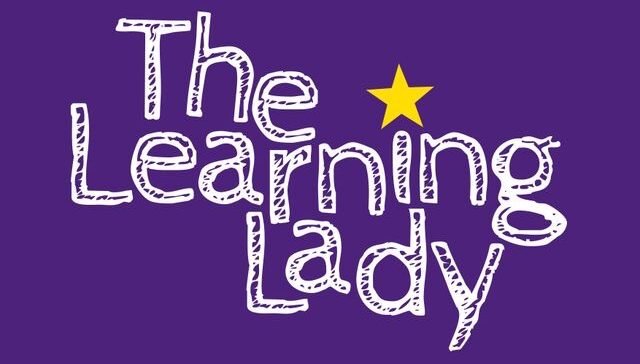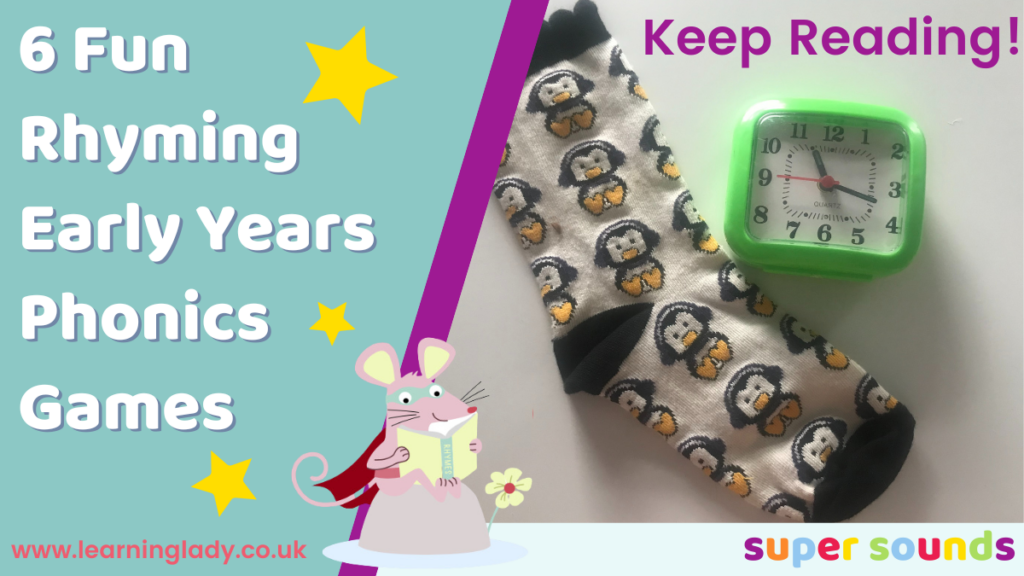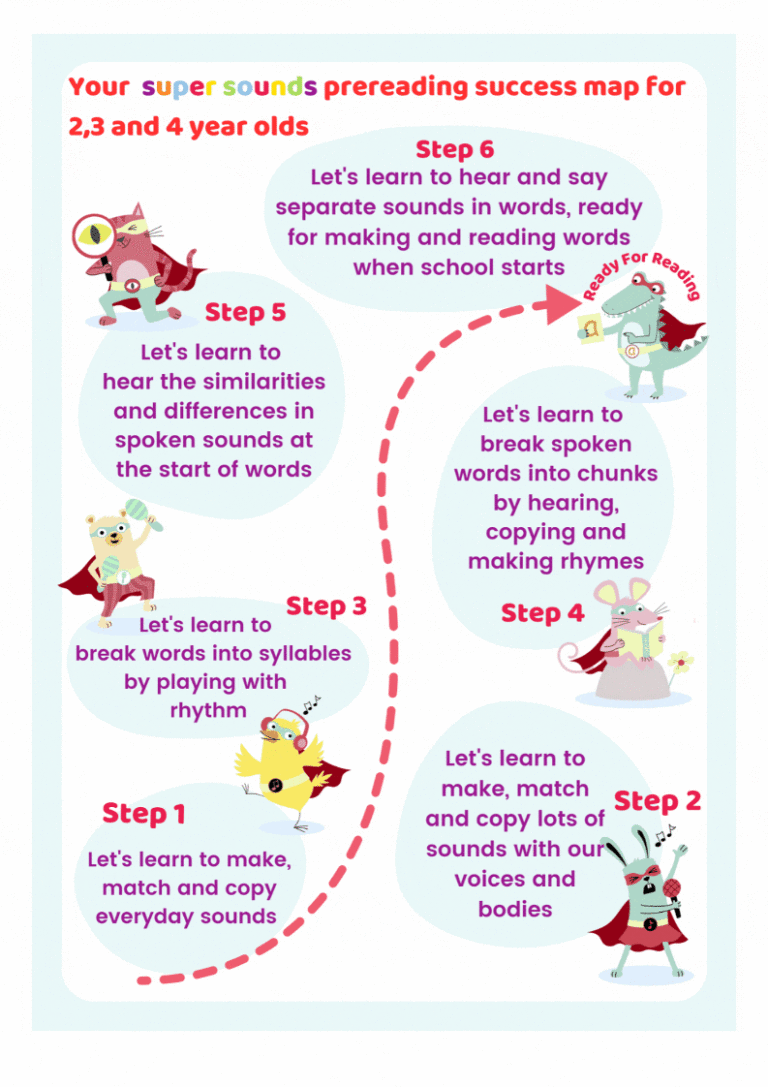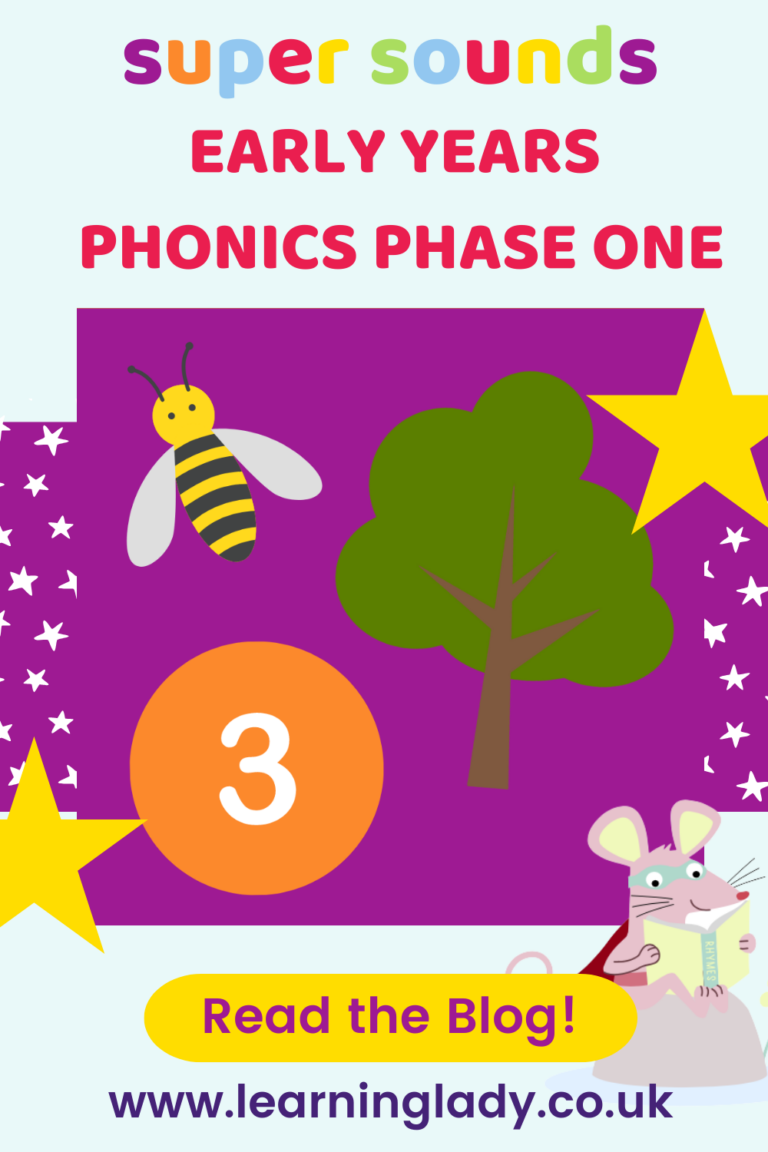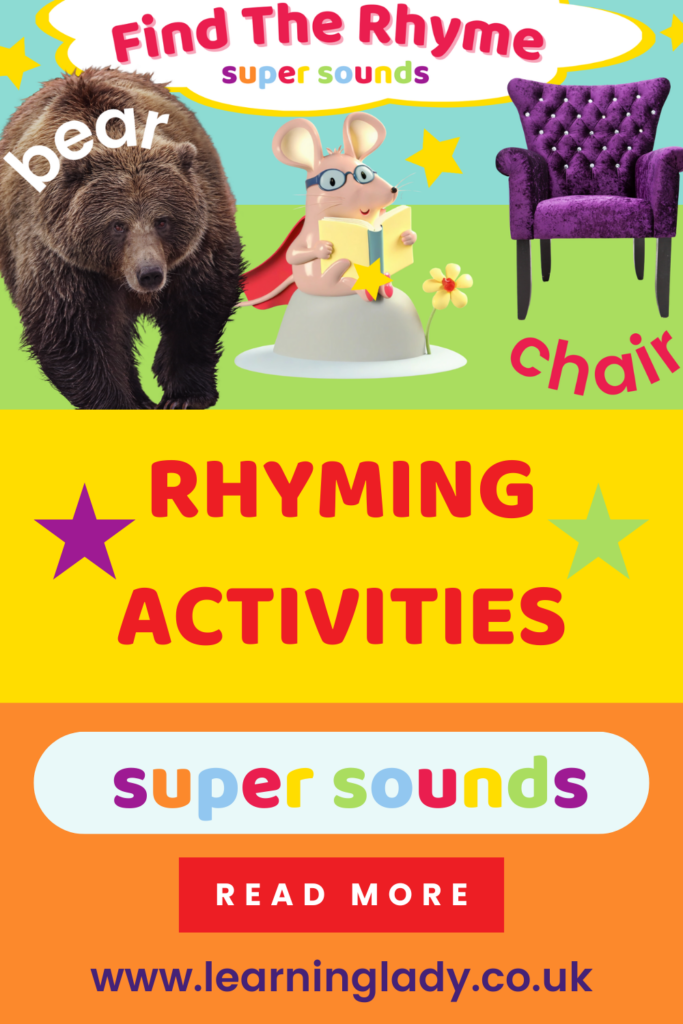No matter how many early years phonics games we played, year on year, our nursery children always found mastering rhyme a huge challenge.
This post explores some of the struggles 2, 3, and 4-year-olds have when mastering the concept of rhyme, with some super successful solutions to overcome them at home or nursery.
Why rhyming is essential phonics for early years
Rhyming is essential phonics for early years because it’s a big piece of the phonological awareness puzzle. This is the stage that preschoolers typically move through at 3 or 4 years old.
Phonological awareness
Phonological awareness includes many foundational skills needed for success in phonics when children start school.
It helps children in the early years move from using words as labels for objects, actions and people, to a growing realisation that words are made up of spoken sounds.
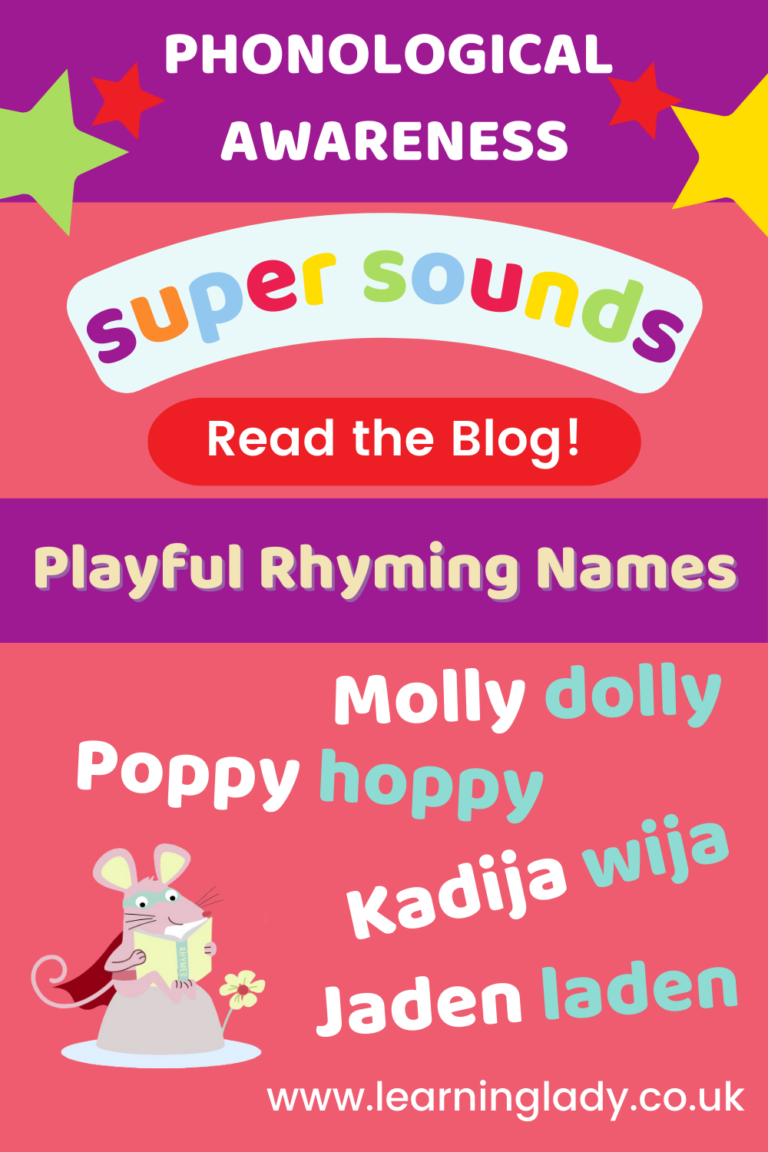
Playing around with rhyme helps preschoolers gain a greater awareness of these sounds.
Through rhyming stories and games, they become attuned to hearing the similarities and differences in chunks of spoken sounds at different points in words.
Why rhyming eyfs phonics games matter
What makes words rhyme?
To master the concept of rhyme, preschoolers need to be able to break up spoken word into ‘chunks’ of sound. These sound chunks are known as the ‘onset’ and the ‘rime’.
Onset and rime
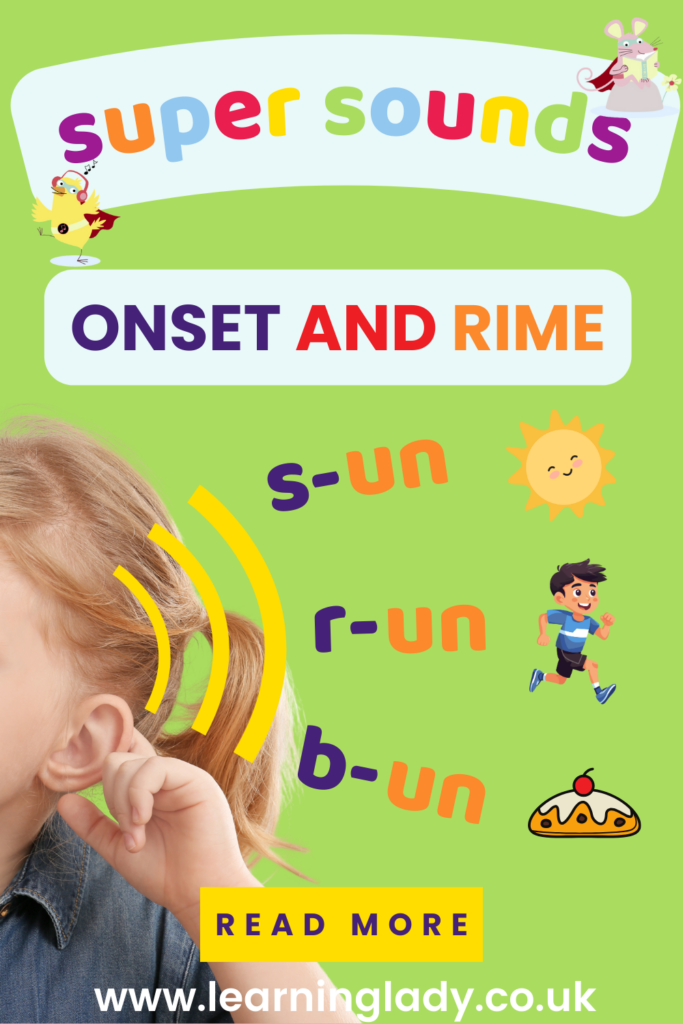
It’seasy to work out the Onset and Rime in words using the vowels and consonants.
Vowels: A,E,I,O,U
Consonants: Letters and combinations of letters, that aren’t vowels.
The Onset is the first consonant, or group of consonants, that appear in a word before the vowel.
The Rime is the vowel, plus the letters that follow it.
Explaining rhyme to 3 year olds
It’s important to remember that the technical explanation of Onset and Rime is not information adults would share with early years children. At 2,3, and 4 years old, this language is inappropriate for them.
But, it’s helpful for supporting adults to understand that these make words rhyme.
Coming up with lists of rhyming words to use in our early years phonics games can take longer and sometimes be inaccurate, if we don’t fully understand what creates a rhyme first.
An easy way to explain this to children is to focus on the sound ‘chunks’ and where these are placed in a word. In the case of the rime, it is always at the end of the word.
A helpful phrase to start with is: “The ending always sounds the same.”
The word same is a basic language concept, and it’s a good idea to check for understanding of this in everyday situations first.
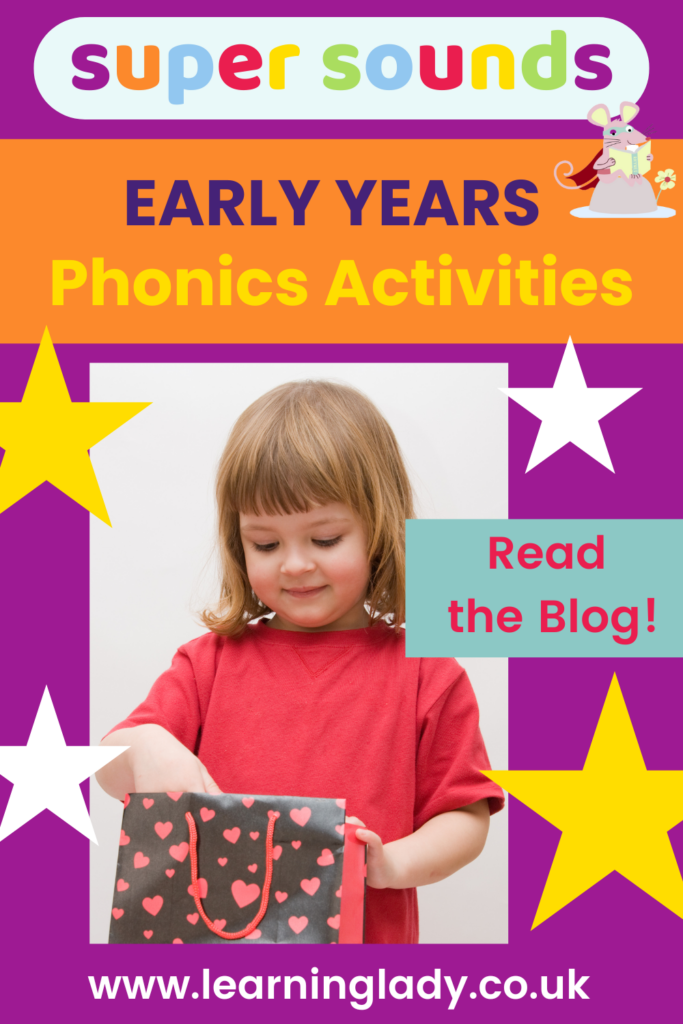
For example, “These gloves are the same”, “That doorbell sounds the same as ours”, or “You had the same sandwiches yesterday”.
Different difficulties!
The language concept of ‘different’ is a later developmental step.
As the onset in rhyming words is always different, this should only be introduced when an understanding of ‘same’ has been fully grasped.
A good phrase to use is; “the beginning of words sounds different.” Eventually working to an understanding that in rhyming words; “The beginning of rhyming words sounds different, but the ending always sounds the same.”
What makes rhyming eyfs phonics activities more challenging?
2, 3 and 4-year-olds need heaps of exposure to super simple rhyming stories, rhymes and eyfs phonics activities involving rhyme.
Ready For Rhyming?
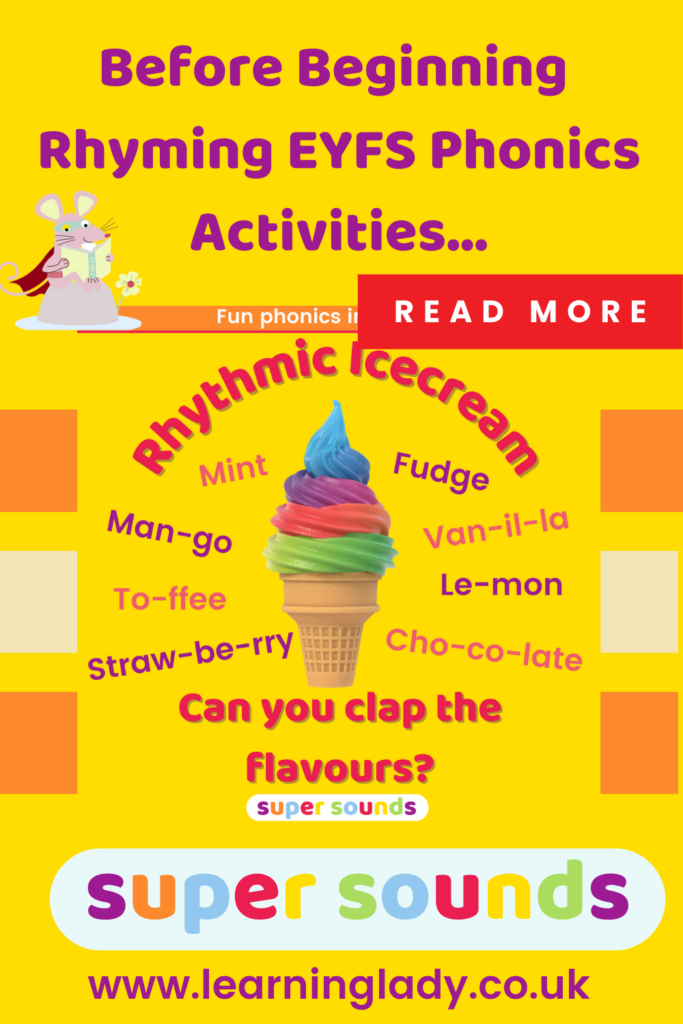
An awareness of rhythm is a key skill to develop before rhyming is introduced.
Rhythmic play helps early years children hear that words can be broken down into sound chunks, before the added complication of listening for rhyming similarities and differences.
Playing around with rhythm in language is central to the success of rhyming.
Children who are challenged by the concept of rhyme often lack the ability to hear, remember and repeat rhythmic patterns in language.
Are my children ready to begin rhyming prephonics activities?
If you’re wondering if your preschoolers are ready for rhyme, then the Super Sounds step-by-step success map is just what you need.
This provides a key progression of all the skills 2, 3 and 4 year olds need to be ready for reading and it’s free to download here. You’ll notice that rhyming skills are developed under Step 4 of this super simple progression.
Before beginning your rhyming activities, just check that your children have mastered everything in Steps 1-3.
This methodical approach means they’ll be really rhyming and ready for reading in no time!
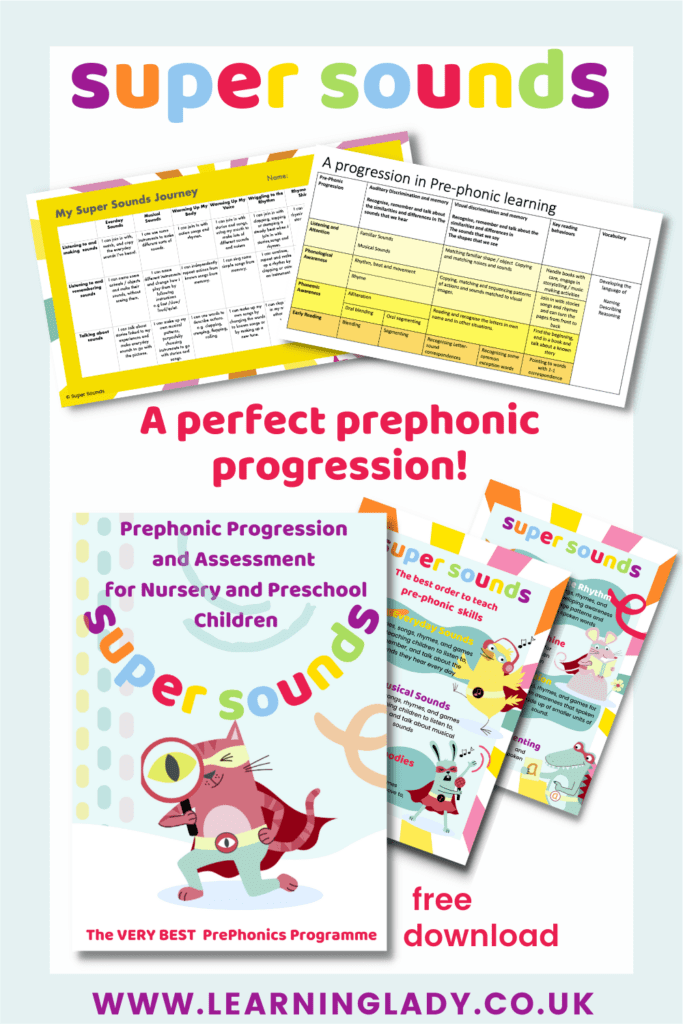
The best rhyming resources for early years phonics phase 1
The very best rhyming resources for any early years phonics phase 1 activities are everyday objects. This is because 2, 3 and 4-year-olds already know what these are and can name them. This frees up vital memory space to simply focus on the rhyming.
Some printable rhyming pictures and commercial games have quite ambiguous images that unintentionally get in the way of the rhyming.
For example, a picture representing ‘run’, could equally be described as ‘jog’, or a ‘bun’ might also be called a ‘cake’.
These can quickly fill little brains unnecessary additional information at a time when they are already trying to master a tricky concept.
Simply Sustainable!
Rhyming step by step | Using early years phonics games
There is a clear order to achieving successful rhyming that’s often missed. When this happens, children struggle to grasp the concept.
Using an ordered approach to skill development means that children feel confident, proud, and motivated to keep trying. If you organise rhyming games and activities in this way, you’ll notice how rapid the progress can be!
Rhyming Top Tip!
When you’re teaching children to rhyme, don’t ask them to think up rhyming words of their own.
Asking children to do this is a test of their vocabulary, in addition to mastering the rhyming concept, which is too much for most children to cope with.
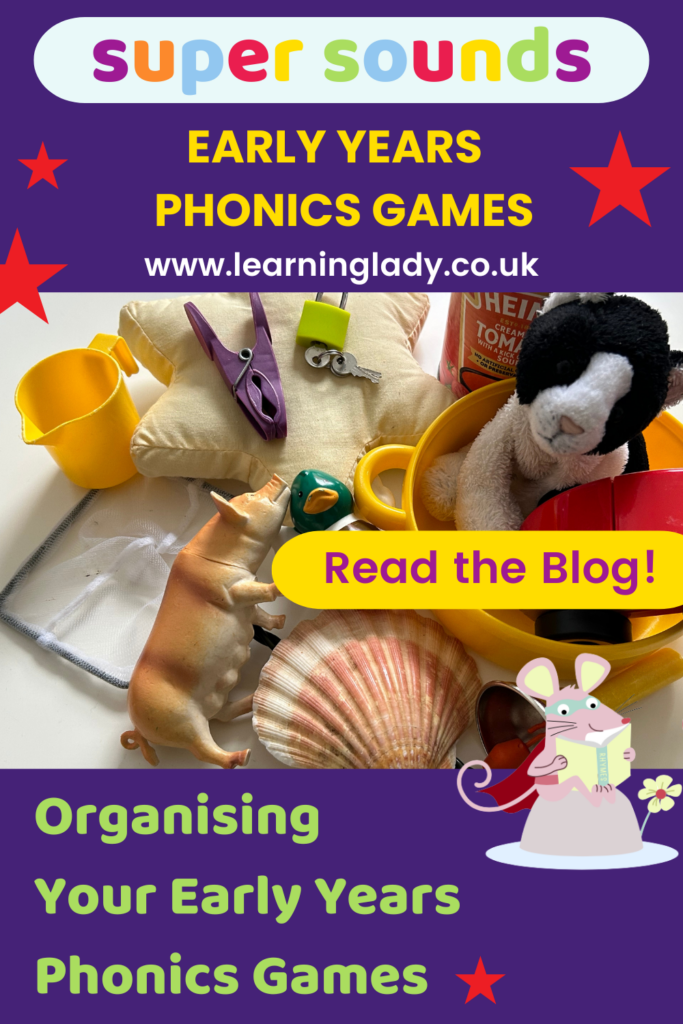
Make rhyming achievable by introducing only a few words at a time, then increasing these are their confidence grows.
We need to do everything we can to avoid overwhelming the children at the point of introducing rhyming words, so providing them with the words to use is key.
Rhyming Milestones
As you introduce your rhyming games at nursery or at home, here are some key rhyming developmental milestones to look out for:
- I can listen to rhymes and rhyming
- I can join in with rhymes and rhyming stories
- I can fill in the ‘rhyming gaps’ of well-known rhyming stories
- I can match rhyming pairs
- I can name a rhyming word that’s missing from a set
- I can spot the odd one out in a rhyming set
- I can say a rhyme from memory
- I can say a list of rhyming words from memory
- I can make up my own rhymes
3 FUN Phonics Ideas EYFS | Rhyming At Home
Ready to get started with rhyming but need some rhyming phonics ideas eyfs? These super speedy interactive games can be played on any device, large or small, perfectly providing the practise preschoolers need to be rhyming in no time.
6 fun early years phonics games for rhyming success!
Here are 6 fun early years phonics games that are super simple to play and are loved by many preschoolers.
These games are taken from Super Sounds.
It’s the only prephonics programme providing a step-by step approach to preparing children for phonics to be ready for reading.
With hours of playful planning including stories, songs and games, you’ll love how it’s been designed with your 2, 3 and 4-year-olds in mind!
Rhyming Early Years Phonics Games | Goldilocks
Want a great starting point for your rhyming early years phonics games?
Filling in the rhyming gaps of well known stories is the place to begin, and super-simple rhyming books like this version of Goldilocks are the perfect starting point.
Rhyming Early Years Phonics Games | Bags Of Fun
Rhyming early years phonics games should be lots of fun so the children want to keep playing them, for plenty of practise. The more preschoolers practise rhyming, the better they get! Try this rhyming bags game today for lots of rhyming fun!
Rhyming Early Years Phonics Games | Rhyming Dice
Matching rhyming pairs can be done in lots of different ways and this rhyming dice game is also perfect for turn taking. Play against the clock to pick up the pace. How many rhymes will your preschoolers roll in 1 minute?
Rhyming Early Years Phonics Games | Rhyming Robber
As your preschoolers master matching rhyming pairs, it can be beneficial to play games with groups of rhyming objects too.
This rhyming robber game based on the book Rhyme Crime is a firm favourite with 3- and 4-year-olds who love to solve the puzzle to be rhyming detectives!
Rhyming Early Years Phonics Games | Odd One Out
Being able to work out which words don’t is a sure sign that preschoolers are well on their way to mastering the concept of rhyme. If they’re feeling confident, why not try this simple odd one out game. You can play along or adapt the game by using real objects or rhyming pictures.
Want more practical phonics activities eyfs?
Now that you’re ready for rhyming, this is just the start!
If you want more practical phonics activities eyfs for all 6 steps of prephonic development, help is at hand!
Super Sounds provides is the essential prephonics tool that’s jam packed with prephonics stories, songs, and games your 2, 3 and 4-year-olds will love!.
More rhyming phonics activity eyfs ideas for introducing rhyme
Super Sounds by The Learning Lady
Ready for Ready – Preschool Online Training Course
FREE Recommended Reading books for Preschool Phonics
What should phonics in nursery look like?
5 FUN Phonics Phase 1 games for practising rhyme in Nursery
Phonics preschool activities introducing rhyme
Nursery phonics activities introducing rhyme
Top tips for teaching rhyme with preschoolers
What comes before Phonics by Sally Neaum
